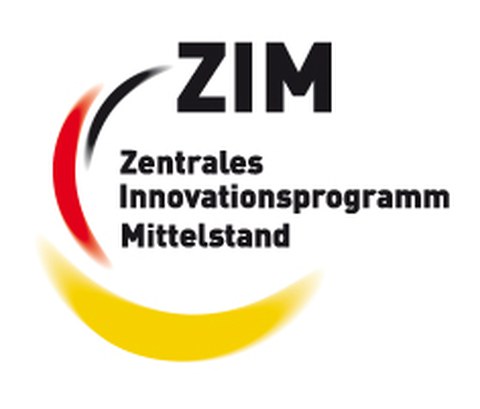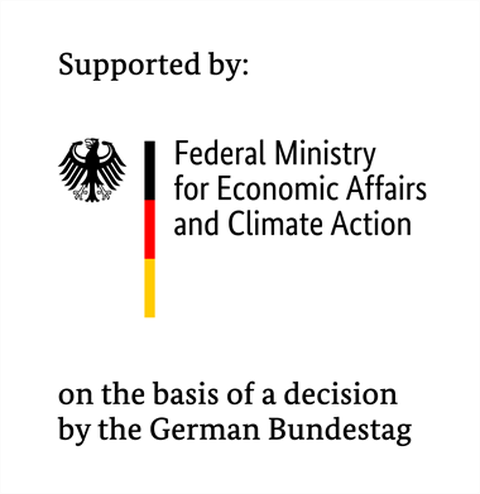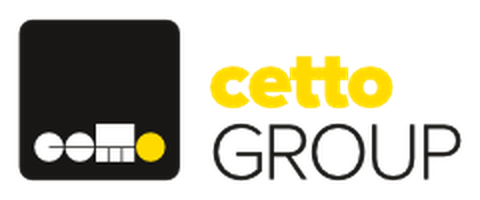CellPAT - New process analytical technology for Cell Stack culturing environments
In the CellPAT research project, cetto Kunststoffverarbeitung GmbH, in association with essentim GmbH and the TU Dresden, Chair of Bioprocess Engineering, aims to enable the integration of inexpensive, reproducible potentiometric sensors into sterile, stacked, disposable cell cultivation vessels with a reusable readout unit through innovative new technical developments.
With the new option of carrying out online measurements of the medium in each compartment of the stacked cultivation vessels, future users will have considerably better reproducibility and cultivation monitoring at their disposal. This primarily requires sterile, transparent vessels made of polystyrene, which have embedded functionalized electrodes for potentiometric measurements of aqueous analytes. In order to be able to read out these integrated electrodes and correct them together with physical quantities such as temperature, an evaluation unit must be able to be docked. This must reliably and reproducibly measure and transmit/provide the developing potentials of the electrodes to each other so that an analysis and visualization of the data can be made available to the end user. In addition, the evaluation unit should be reusable in order to be able to offer a product that is as competitive as possible. A uniform approach is followed to set up a large number of the same sensors in the various cell cultures. A single readout unit for all sensors ensures that the desired product is as inexpensive as possible.

Fig. 1: Basic design of the new sensor-integrated cell culturing containers mit re-usable control unit.
In order to achieve this goal, cetto Kunststoffverarbeitung GmbH, in cooperation with essentim GmbH and the TU Dresden, Professorship for Bioprocess Engineering, are developing a new type of sensor-integrated cell cultivation vessel with a reusable evaluation unit.
CellPAT – Process Analytics Technology for Cell Stacks/Production/Factory
for the most important aqueous analytes detectable by potentiometry. It must be ensured that the sensor integration is not invasive compared to vessels without sensors. With this novel sensor integration, it is only possible to record parameters in stacked cell cultivation vessels online and thus to detect any inhomogeneity between the compartments, as well as temperature gradients along the vessel dimensions. This ensures higher reproducibility, detailed analysis options, savings potential for disposable vessels in test series and a significant reduction in the workload in the laboratory.
Through a modular integration of this new potentiometric sensor technology in the already established essentim technology for environmental parameter monitoring of samples, a significant improvement of the previously used cultivation vessels is expected with the later product.
Project funding:
Central Innovation Programme of the Federal Ministry of Economics and Climate Action (BMWK)
project number: 16KN063747
Project head:
 © Mann
© Mann
Project researcher
NameDr.-Ing. Felix Lenk
Head of SmartLab-systems
Send encrypted email via the SecureMail portal (for TUD external users only).
Project staff:
Cooperation partner:
cetto Kunststoffverarbeitung GmbH
Maximilian Cetto
https://www.cetto-group.de
essentim GmbH
Matthias Schuh
https://www.essentim.com
Project term:
01.03.2022 - 29.02.2024




